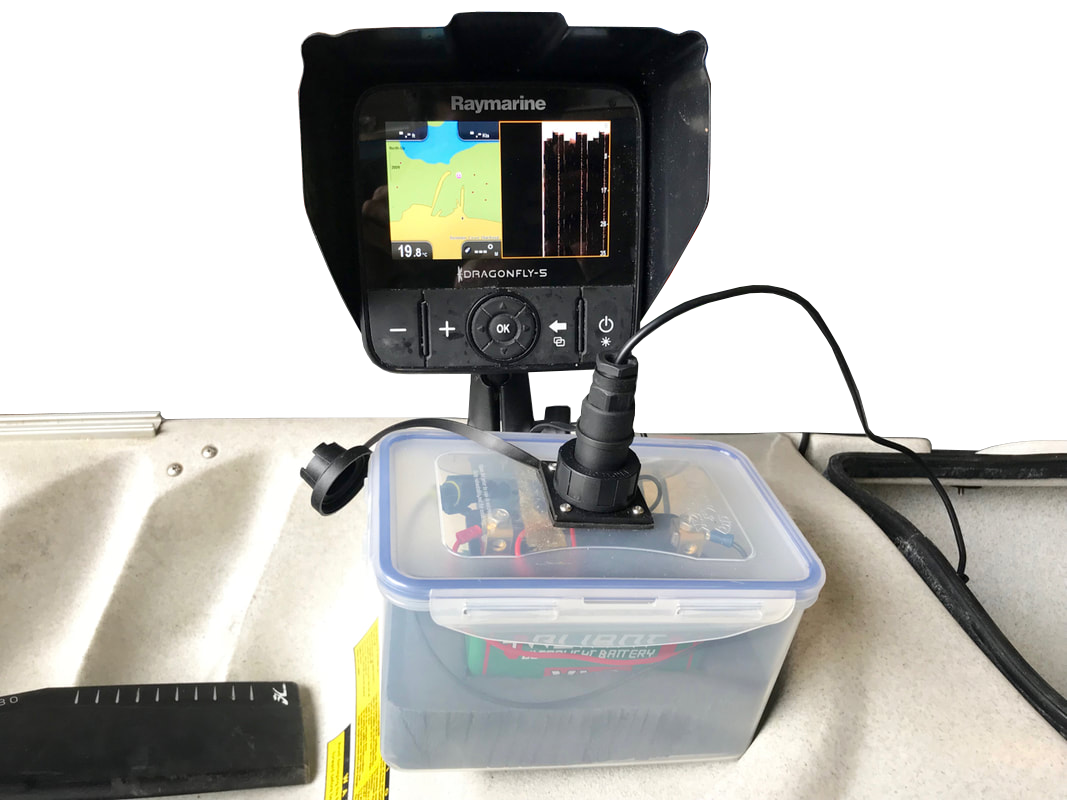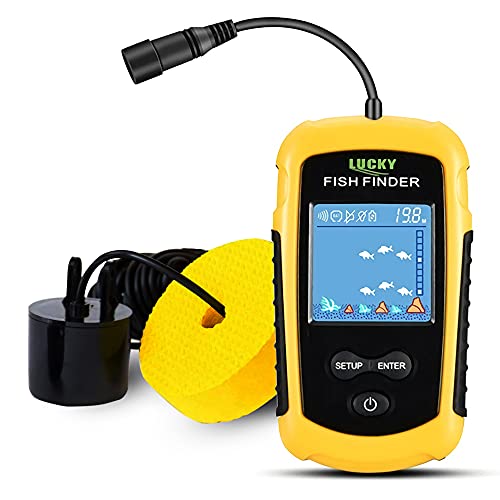Fishing from a kayak can be fun. A fish finder helps you catch more fish. But how do you power a fish finder on a kayak? This guide will help you. Follow these steps to power your fish finder on your kayak.
Why Use a Fish Finder?
A fish finder shows you where fish are. It uses sonar to find fish. You can see fish on a screen. This helps you catch more fish. Fish finders are easy to use. They make fishing more fun.

Credit: www.kayakfishing.blog
What You Need
To power your fish finder, you need some items. Here is a list:
- Fish finder
- Battery
- Battery box or case
- Wires
- Fuse
- Zip ties
- Electrical tape
- Wire connectors
- Screwdriver
- Drill
Now, let’s start.

Credit: www.youtube.com
Step-by-Step Guide
Step 1: Choose The Right Battery
First, you need a battery. A 12V battery works well. It is small and light. You can buy one at a store. Choose a battery with enough power. This will make your fish finder work well.
Step 2: Get A Battery Box
A battery box protects your battery. It keeps water out. You can make a box or buy one. The box should fit your battery. Make sure it is strong. This keeps your battery safe.
Step 3: Connect The Wires
Now, connect the wires to the battery. Use wire connectors. This makes a good connection. Connect the red wire to the positive (+) terminal. Connect the black wire to the negative (-) terminal. Use a fuse in the red wire. This keeps your fish finder safe.
Step 4: Secure The Wires
Secure the wires with zip ties. This keeps them in place. Use electrical tape to cover the connections. This stops water from getting in. Make sure the wires are neat. This helps you avoid problems.
Step 5: Install The Fish Finder
Next, install the fish finder on your kayak. Choose a good spot. It should be easy to see. Use a mount or bracket. Attach it with screws. Make sure it is secure. This keeps your fish finder safe.
Step 6: Connect The Fish Finder
Now, connect the fish finder to the battery. Use the wires you connected earlier. Plug the wires into the fish finder. Make sure the connections are tight. This makes the fish finder work well.
Step 7: Test The Fish Finder
Turn on the fish finder. Check if it works. If not, check the connections. Make sure everything is tight. If it works, you are ready to go fishing. Enjoy your time on the water.
Extra Tips
- Check the battery before each trip.
- Keep the wires neat and tidy.
- Use waterproof connections.
- Secure the battery box well.
- Read the fish finder manual.
These tips help you use your fish finder well.
Common Problems
Sometimes, you may face problems. Here are some common ones and solutions:
| Problem | Solution |
|---|---|
| Fish finder does not turn on | Check the battery. Check the connections. |
| Screen is blank | Check the wires. Make sure they are connected. |
| Fish finder stops working | Check the fuse. Replace it if needed. |
Fix these problems to use your fish finder well.
Frequently Asked Questions
How Do I Install A Fish Finder On My Kayak?
Mount the fish finder securely. Run power cables to the battery. Attach transducer to the hull.
What Battery Do I Need For A Kayak Fish Finder?
Use a 12V sealed lead acid battery. It’s compact and reliable.
How Long Does A Fish Finder Battery Last?
Usually, 6-12 hours. Depends on battery capacity and fish finder usage.
Can I Use A Car Battery For My Fish Finder?
No. Car batteries are too heavy. Use a 12V marine or kayak-specific battery.
Conclusion
Using a fish finder on a kayak is easy. Follow these steps to power your fish finder. Choose the right battery. Use a battery box. Connect the wires. Secure the wires. Install the fish finder. Connect the fish finder. Test the fish finder. Use these tips to avoid problems. Enjoy your time fishing. Have fun and catch many fish.

